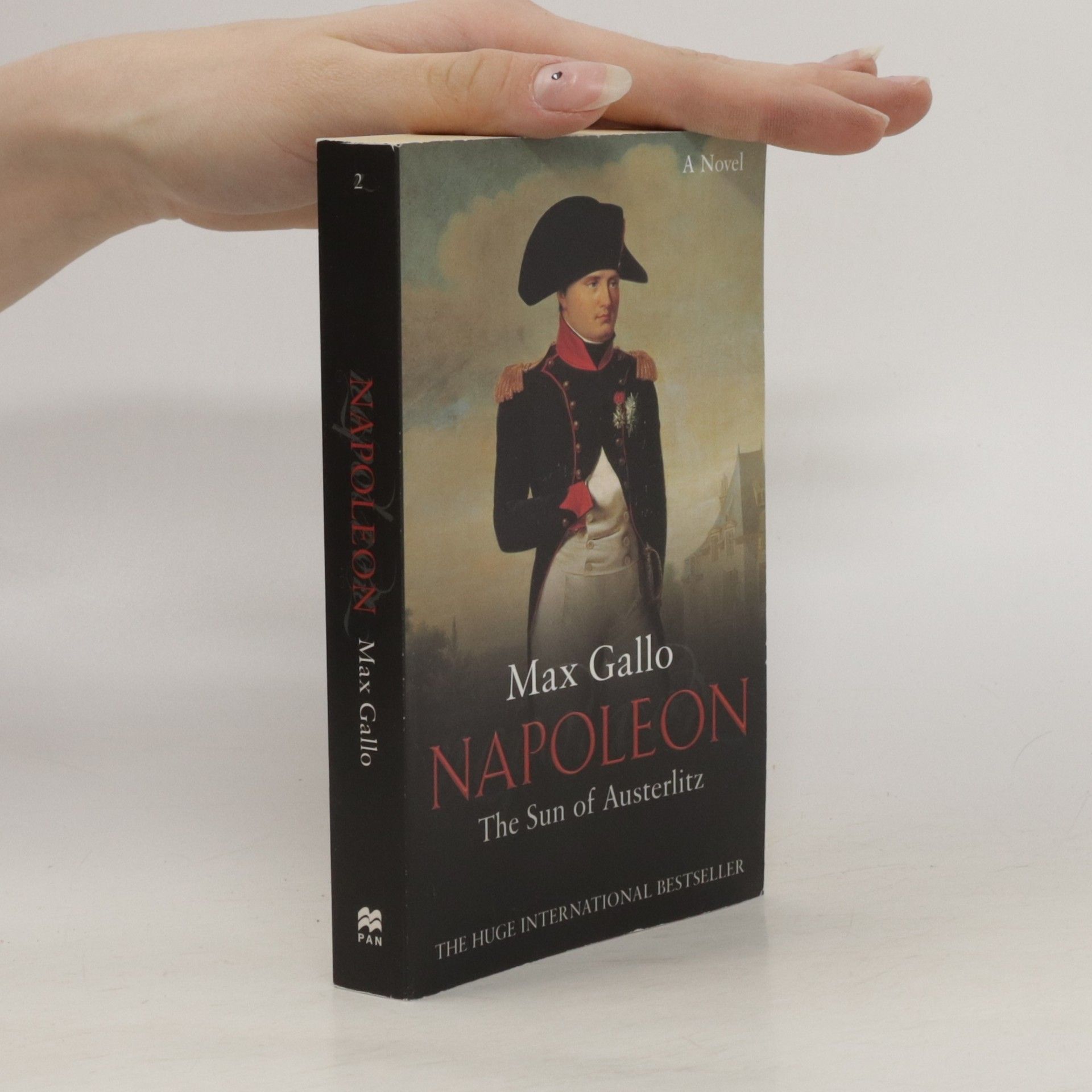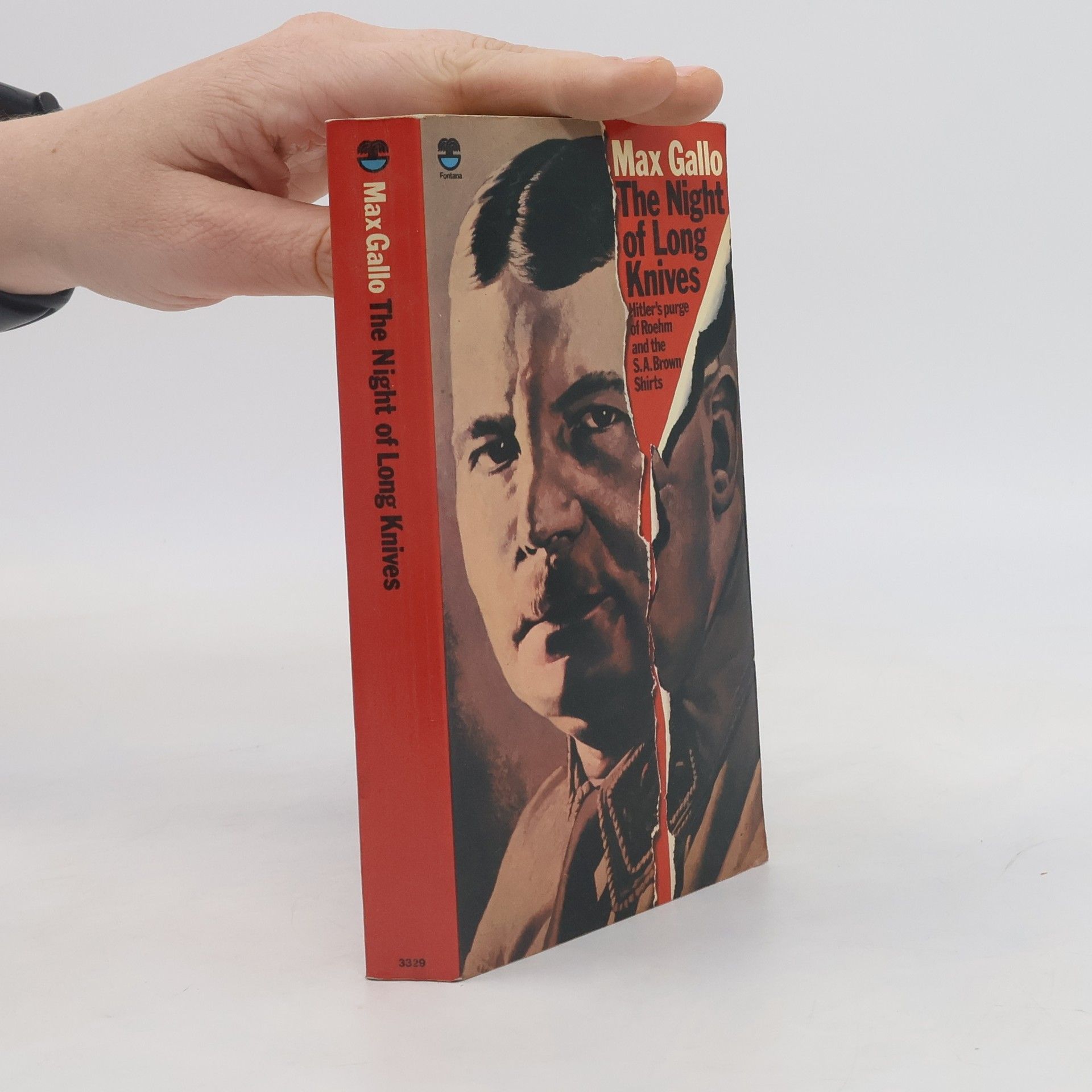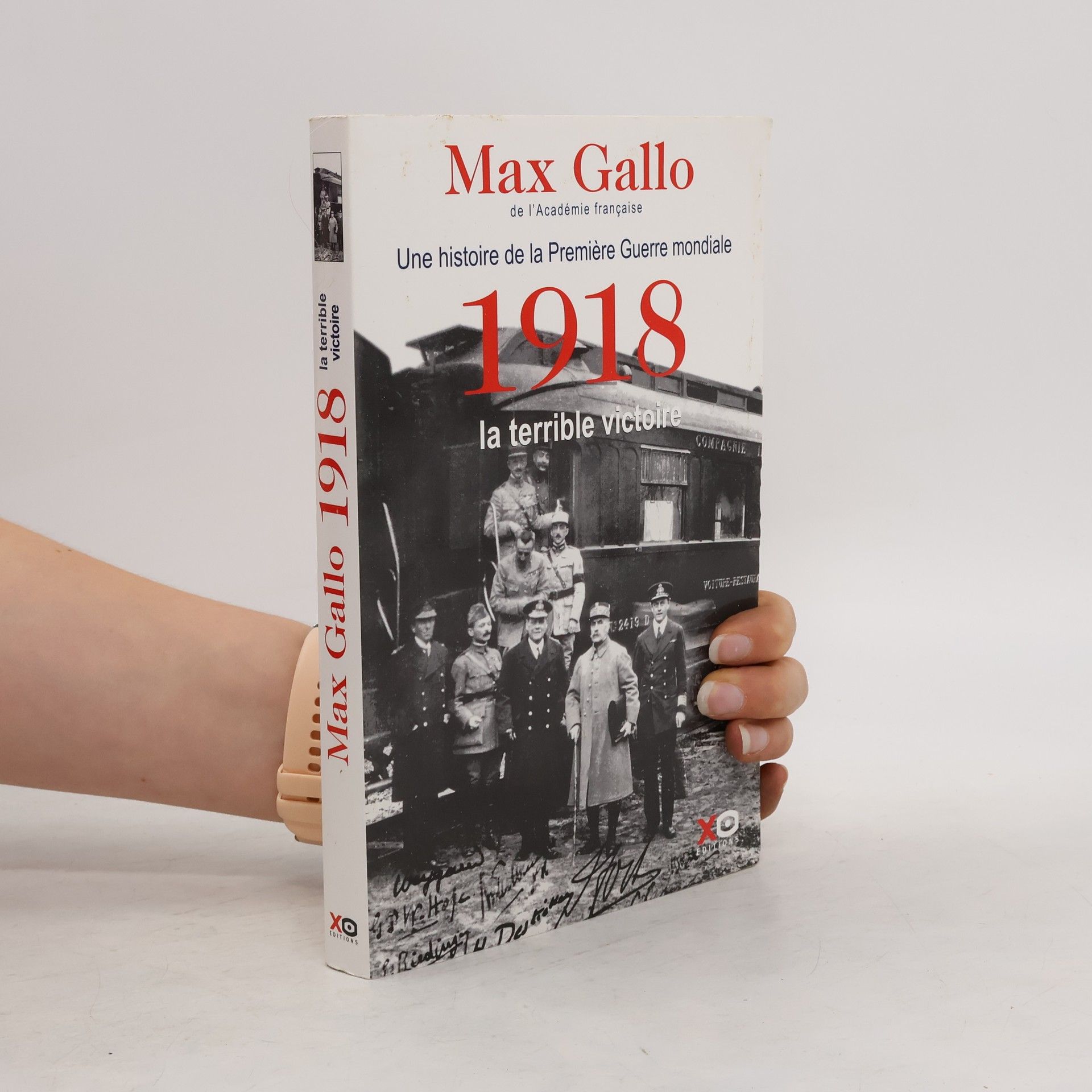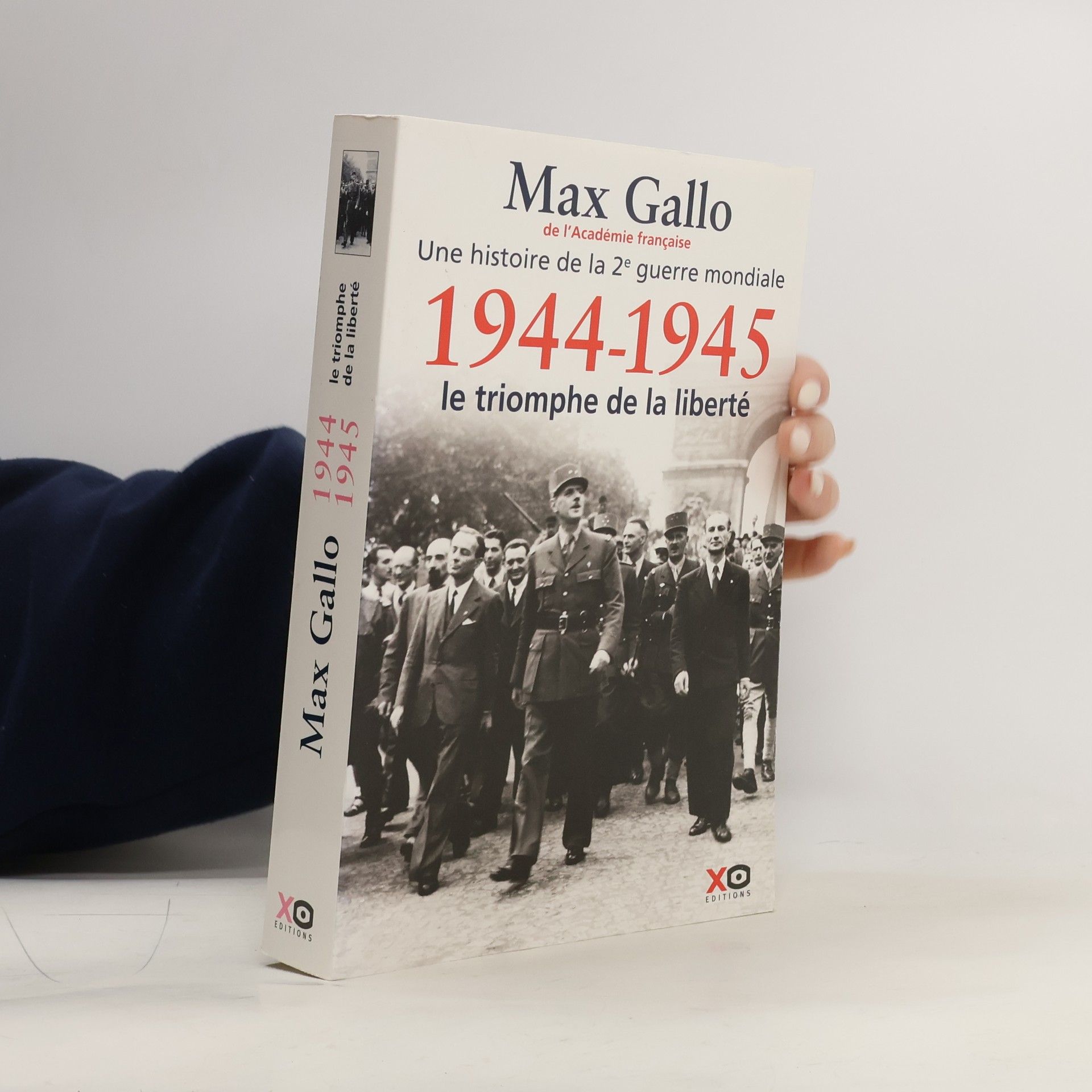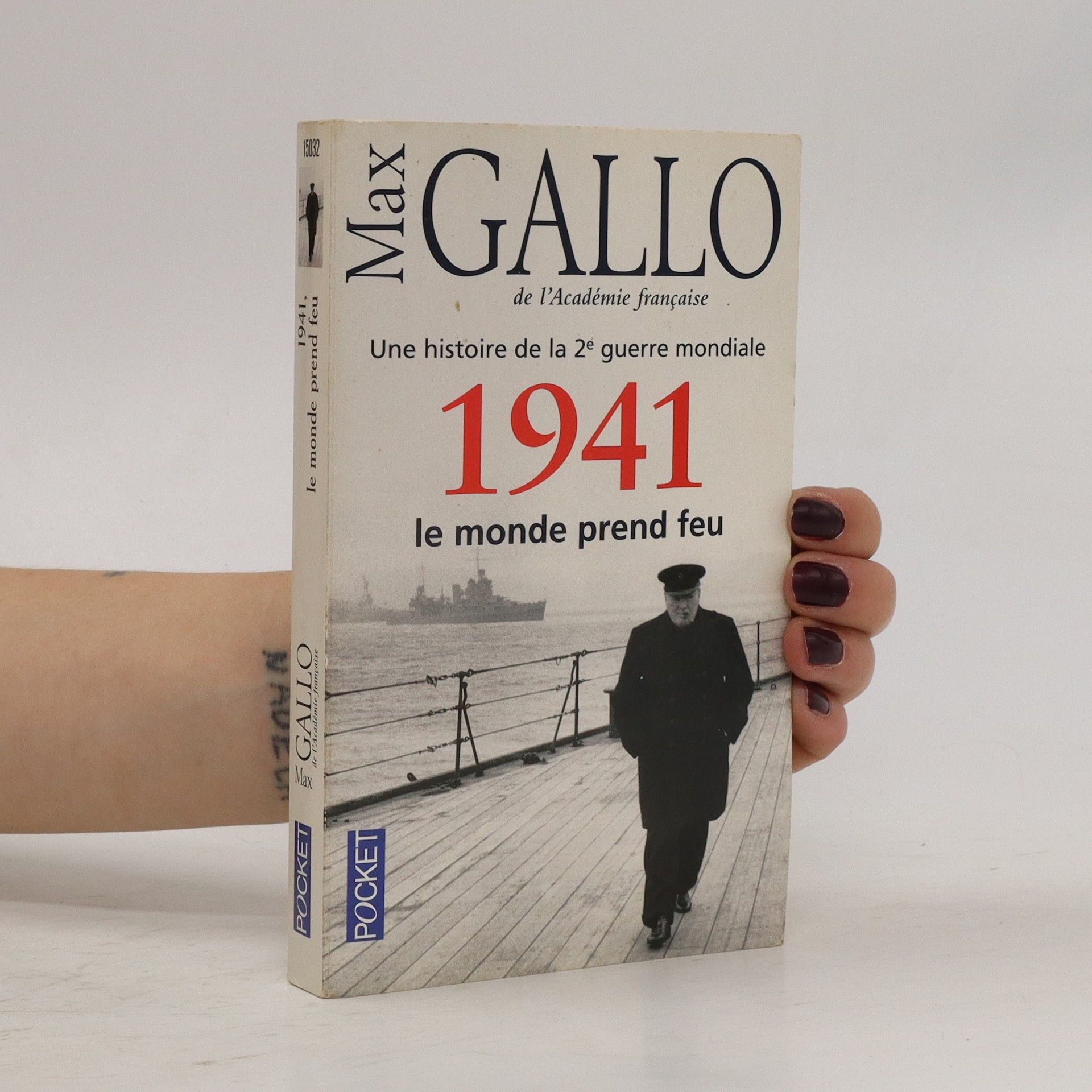Napoleon T.2
- 752 pages
- 27 hours of reading
Kontynuacja fascynującej biografii Napoleona, po mistrzowsku napisana przez Maxa Gallo. Druga część zbeletryzowanej biografii Napoleona, obejmuje lata 1806-1821. Cesarz pokonuje największych władców: pod Jeną, pod Frydlandem, pod Wagram. Jego podboje nie ograniczają się do bitewnych pół, z nie mniejszą energią zdobywa kobiety: Polkę Marię Walewską i Austriaczkę Marię Ludwikę, wnuczkę Marii Antoniny. W 1812 roku na czele Wielkiej Armii wkracza do Rosji. Odtąd powoli jego gwiazda zaczyna gasnąć. Pokonany przez srogi klimat, a potem sprzymierzoną przeciw niemu Europę, zostaje zesłany na Elbę. Jeszcze raz zrywa się do lotu, ale nad błotnistą równiną Waterloo nie wstanie już słońce Austerlitz. Anglicy przykują Napoleona do skały Wyspy Świętej Heleny, ale on odnosi swe największe zwycięstwo - żyje w pamięci potomnych. Jest nieśmiertelny.



